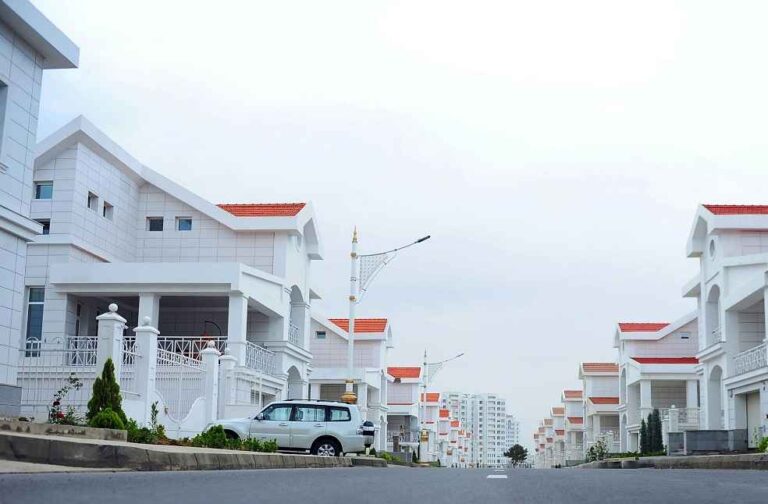The global real estate market is experiencing a period of adjustment, impacted by rising interest rates, inflated house prices, and economic uncertainties. However, a widespread crash similar to 2008 is not expected. Instead, economists predict a market correction. The impact will vary across regions, influenced by local economic conditions and housing supply and demand. Factors like housing shortages and government policies will also shape market trends.
In contrast, the Indian real estate market is flourishing, with strong growth in both residential and commercial segments. Increasing demand, government initiatives, and substantial investments are driving this positive momentum. The sector is expected to maintain its upward trajectory, fueled by favorable demographics and a focus on affordable housing. However, challenges such as rising interest rates, construction costs, and regulatory complexities could impede the pace of growth. Despite these challenges, the Indian real estate market remains robust, with a positive outlook for the foreseeable future.
Factors to Slowdown
- Rising Interest Rates: Central banks are raising interest rates to combat inflation, making mortgages more expensive and reducing buyer purchasing power.
- High House Prices: In many regions, house prices have risen to levels that are unaffordable for many buyers.
- Economic Uncertainty: Global economic instability, influenced by events such as the war in Ukraine, the Israel-Gaza conflict, widespread pandemic fears, and supply chain disruptions, has impacted buyer confidence.
Predictions:

- Market Correction: Economists predict a market correction, with a slowdown or moderate decline in house prices in some areas, rather than a sudden crash.
- Varying Impact: The impact will differ by region, depending on local economic conditions and housing supply and demand.
- No Repeat of 2008: The current market is more stable due to stricter lending standards and less risky lending practices.
Additional Factors:
- Housing Shortage: A shortage of affordable housing in many countries may prevent a significant price drop.
- Government Policies: Policies aimed at supporting the housing market or stimulating the economy could influence market trends.
Overall, the global real estate market is expected to undergo a period of adjustment and correction. Staying informed and consulting with experts before making major real estate decisions is crucial.
India’s Real Estate Market
Current State:
- Strong Growth: Both residential and commercial segments are performing well, with increased home sales and new project launches in major urban centers.
- Increasing Demand: Driven by urbanization, population growth, and rising disposable incomes, the demand for housing and commercial spaces is growing.
- Government Initiatives: Programs like the Pradhan Mantri Awas Yojana (PMAY) and infrastructure projects are boosting the sector.
- Investments: Significant investments from domestic and foreign investors indicate confidence in the market’s growth potential.
Outlook:

- Positive Growth Trajectory: The market is expected to continue its positive growth in the coming years, driven by strong fundamentals and favorable demographics.
- Affordable Housing: The focus on affordable housing is likely to drive demand and growth in the residential segment.
- Commercial Real Estate: The demand for office and commercial spaces is expected to rise with the growth of various industries and businesses.
- Challenges: Rising interest rates, construction costs, political instability, and regulatory complexities pose challenges to the sector’s growth.
The Indian real estate market appears to be on solid footing, with a positive outlook for the foreseeable future. Despite existing challenges, strong underlying demand and government support are expected to sustain its growth momentum. However, it’s essential to stay informed about market trends and seek expert advice before making any significant real estate decisions.
ENERGY INDUSTRY | Global Hydrogen Market Surges Amid Clean Energy Shift



